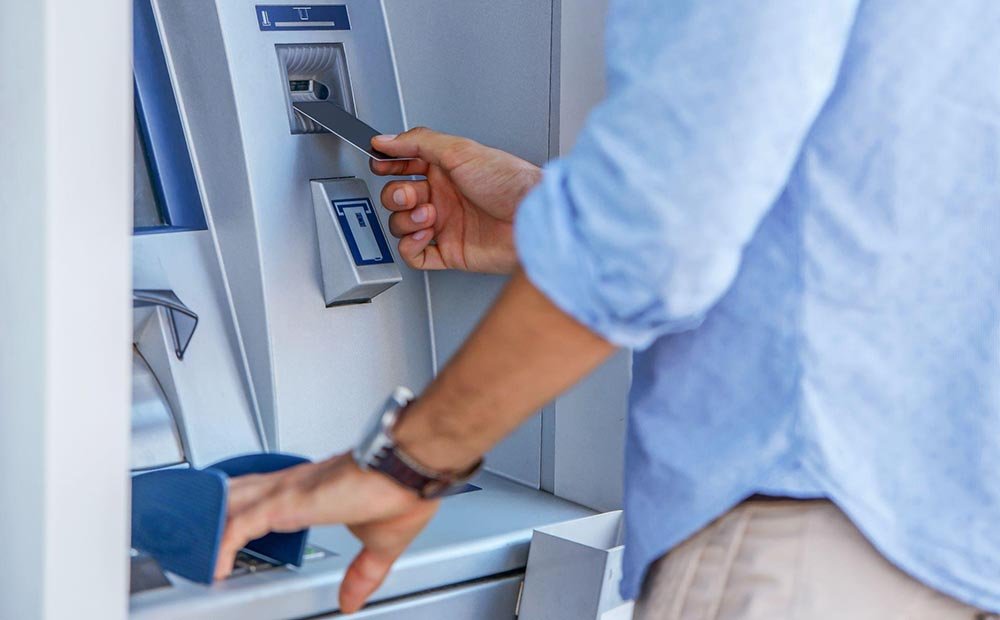There is immense value in partnering with a reliable bank. Everyone needs a safe place to keep their earnings and a resource for money management. With the right bank, you know that your money is secure and handled by professionals who you can trust.
Many factors impact the decision-making process of choosing a bank, and you likely have multiple banking options; this can make finalizing your decision more challenging. Online banking is often favored over traditional banking, and with this new way to store your money come pros and cons. You may be looking to partner with a local bank, or perhaps you feel a national bank is best.
Choosing the right bank requires that you reflect on the circumstances that influence how you utilize your money. For example, say you need a credit union home equity loan). In this case, it may be wise to bank with a credit union insured by the NCUA. There certainly is a lot to take into account. Luckily, we’ve broken down the four key factors you don’t want to overlook. Read on to learn more.
1. The Safety Of Your Funds
As long as your credit is in decent standing and you don’t have a poor financial history, you will have many banking options. First and foremost, prioritize the safety of your funds. Determine the level of security you’re provided at each bank you’re reviewing and favor banks that prioritize their customers’ financial security.
2. Your Bank’s Accessibility

Choose your bank’s location wisely. A bank that is close by, for instance, can make it easier for you to handle your money wisely, as you will be more likely to avoid ATM fees.
Likewise, if you travel often, you should look into banks stationed across regions so you always have a way to manage your money conveniently. Online banking may also be a consideration for those who want to avoid additional hassles. However, don’t make the mistake of assuming that you will have 24/7 access to customer support just by banking online.
3. The Terms And Conditions
Before choosing your bank, you must review all the terms and conditions you agree to by signing up. Unfortunately, banks can charge fees that quickly eat away at your funds.
Consider hiring a money mindset mentor to determine how steeply these fees compare to other banks’ fees; this is essential so you can manage your money from the start. If you want to avoid fees altogether, look for a fee-free account option.
Make sure that the bank’s applied interest rate is feasible for you as well. You’re not necessarily stuck with a traditional interest rate for your accounts. Overhead also accounts for the APYs, so inquire about all the lender options before assuming that the conventional 0.01% is the only option available for your checking accounts and savings.
4. Fund Clearance Times
Waiting for funds to clear can be a real pain. As you consider various banks, find out what the clearance times are as well as the special privileges that are applied to accounts that qualify. For example, you may qualify for early paycheck access and get your funds sooner. Understanding the clearance times will also help you plan the timing of your bank visits.
Choosing The Right Bank For You
Selecting the right bank boils down to the bank’s security, the terms and conditions that apply, how accessible you need the bank to be, and how quickly funds clear. Consider your unique needs as they pertain to these critical factors, and you’ll be well on your way to choosing the bank that’s right for you.
















